Generosity in practice.
The Buddhist priest moved methodically around the room, instructing us in rhythmically hitting our instruments.
He divided us into groups of four: one person beating a taiko drum, the next clapping copper cymbals, the third in line striking bronze bowls, and the final person tapping wooden fish.
The music sounded as eclectic as our instruments looked, and it was a unique privilege to create our discordant symphony in the Shimukappu temple. “Jam sessions” at the temple are just for gatherings of priests, but, luckily, the Aspen eighth-grade exchange is an annual exception.
In October, three chaperones and 15 students traveled from Aspen to Shimukappu and restarted the exchange after a two-year COVID hiatus. The chaperones accounted for 45 years of intimate friendships with Shimukappu residents, and the students had spent months in preparation learning about the intricacies of Japanese culture and studying the language. They impressed me immediately by counting off in Japanese, so that we knew no one was lost, trying fermented soybeans and salmon roe at our first breakfast, and conscientiously discussing bathing taboos to avoid when they joined their host families.
The Shimukappu Board of Education had been working determinedly to make the trip a success for many months. This was the largest exchange in years, and finding host families with kids of the same age in such a small town is a significant feat.
I was surprised when I learned of the financial generosity that serves as a foundation for the exchange. No money passes hands once the students arrive in Japan. Students are honored guests from the moment they disembark until they walk back through the airport’s security gates. This hospitality includes unparalleled access to cultural experiences as seen in the temple and being a member of intimate family routines with their hosts. I heard countless stories of culinary treats students loved: okonomiyaki or savory pancakes, shabushabu or Japanese hotpot, and yakiniku — a grilled feast that many Shimukappu families take particular pride in.
One weekend sits in the middle of the two-week exchange. The weekdays are highly structured, while the weekend is perfectly blank for host families to fill as they see fit. These days were when I saw host parents and siblings go to work to dream up unforgettable adventures.
One student explored a nearby lake with his host’s canoeing club. Other students ventured into Hokkaido’s cities to shop, eat at delicious restaurants, and visit beautiful shrines. Some students met their hosts’ cousins and aunts while walking on high ropes courses in the canopies of trees. And, still others traveled farther afield to visit a reproduction of an 18th-century town complete with ninja-filled dramatic re-enactments and a handful of amusement park rides on the side.
These outings were made all the richer because the students knew they were in the midst of a one-of-a-kind experience.
Picture being adopted for two weeks by a family in rural Japan. You’re a 13-year-old working on homework in quiet moments, playing card games with your new family, and helping wash dishes. That experience sounds memorable on its own.
Now, consider that you’ve come to Japan with 14 classmates from Aspen. Upon regrouping each day, you get to chat about the ways that your world has changed. It’s a magical equation for creating countless precious learning moments.
At the elaborately decorated welcome party, host families joyfully embraced their students. They greeted them with freshly memorized phrases, colorful poster boards, and lollipop name signs with foil fringe and glitter.
On the final morning, there were teary goodbyes and countless paper streamers connecting students inside and outside the bus as we drove away from Shimukappu.
I’m inspired by the way the exchange cultivates generosity. There’s the material and financial generosity asked of the communities and the gentleness, empathy, and generosity of spirit that is learned when hosting.
It makes me wonder what habits or traditions I can practice to support me in being more reliably generous. What has been motivating your generosity?
Timbah Bell is an English teacher in Shimukappu, Japan, where he works as part of a longstanding partnership with Aspen Sister Cities. You can find this column read aloud and photos from his adventure so far on Instagram @beauty_noted; email him at timbah.bell@gmail.com.
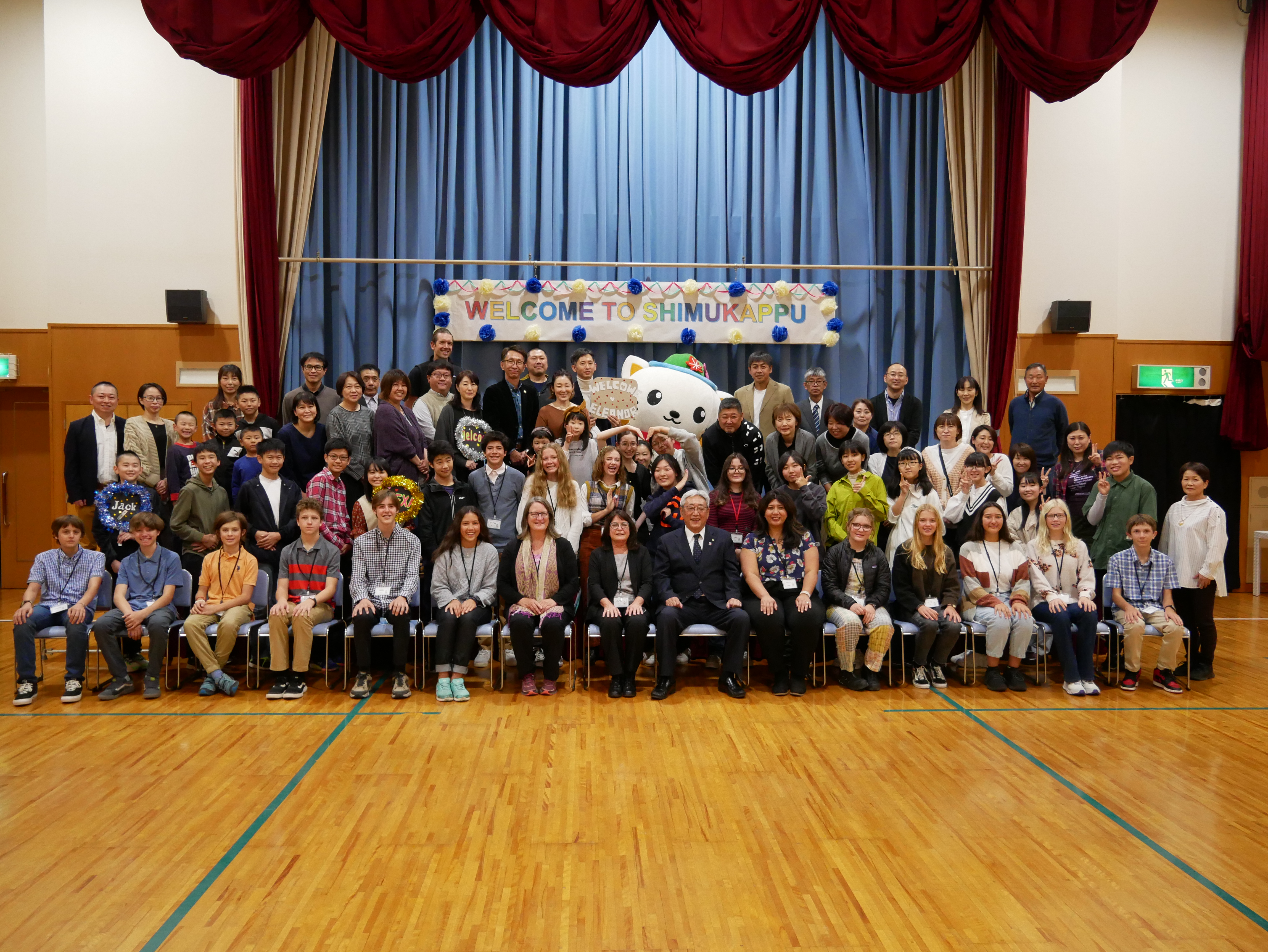
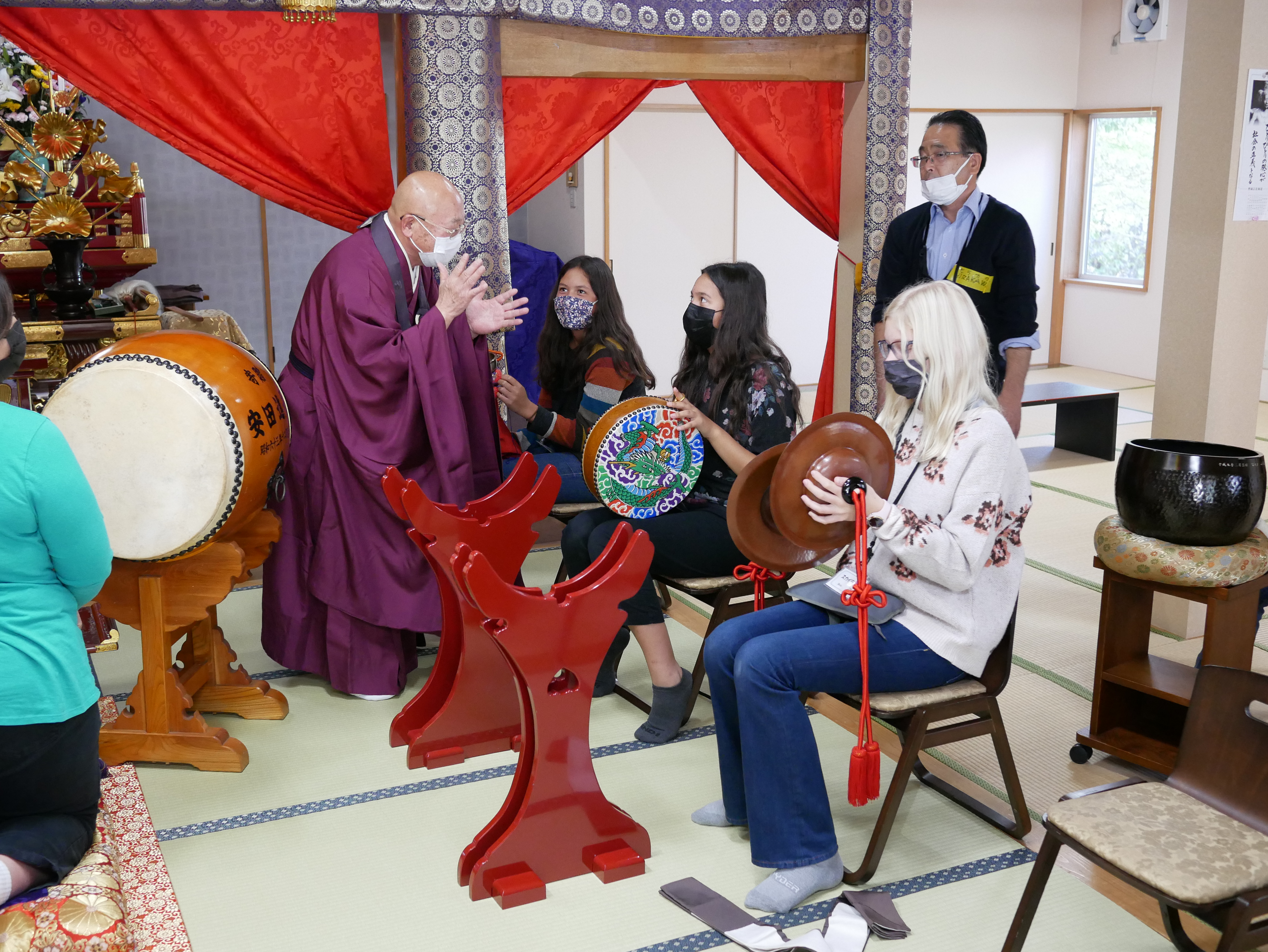


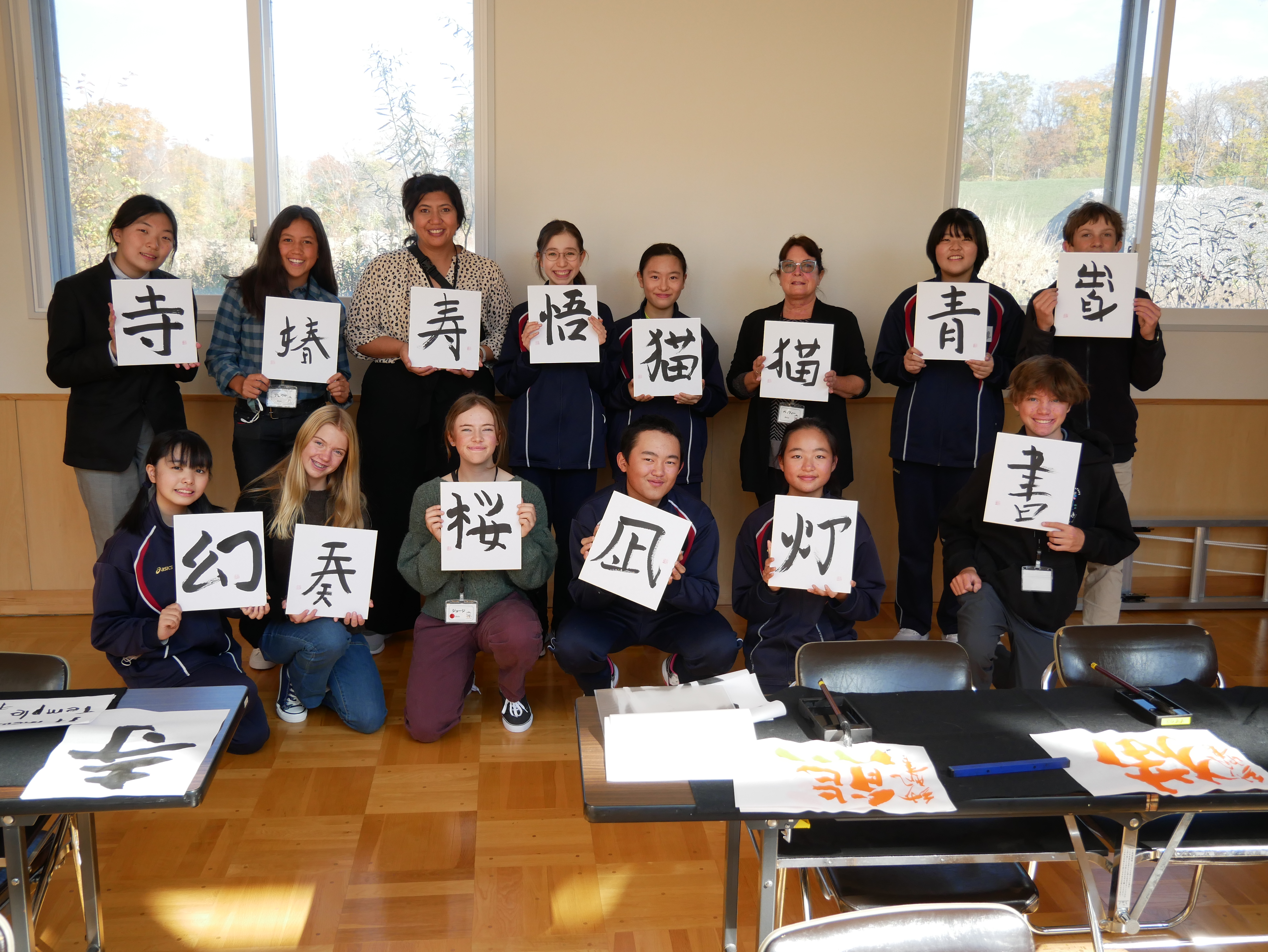


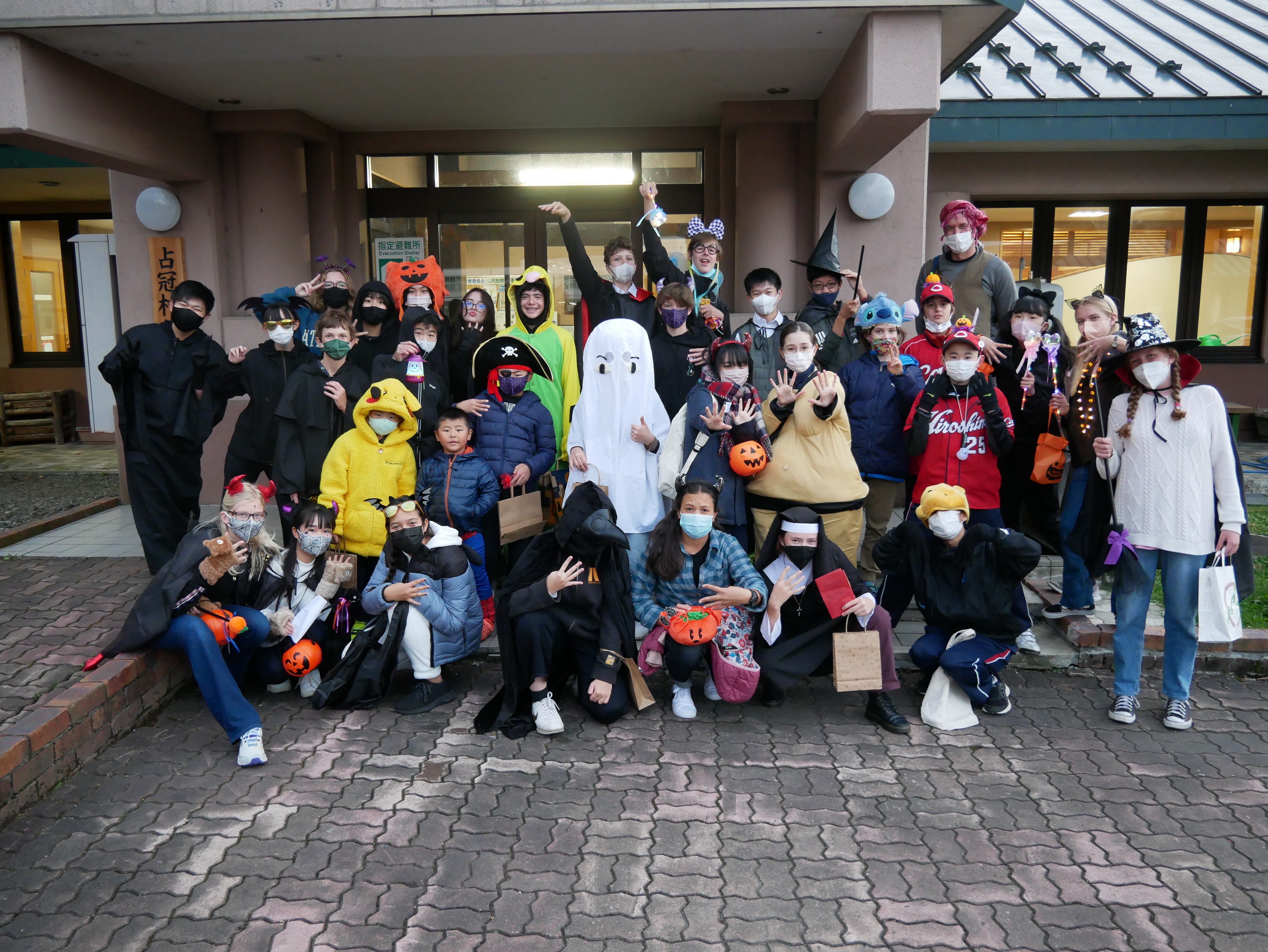

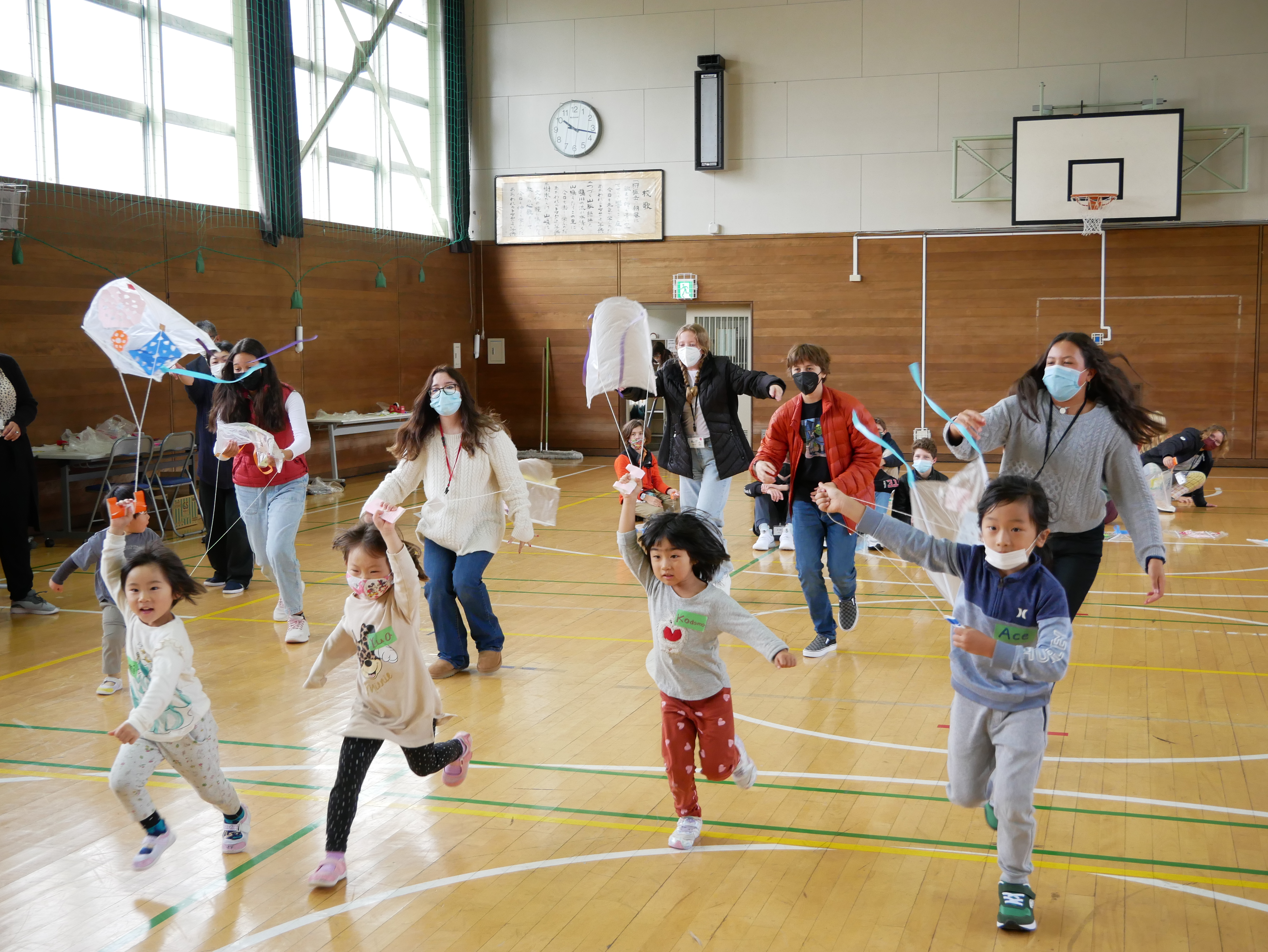

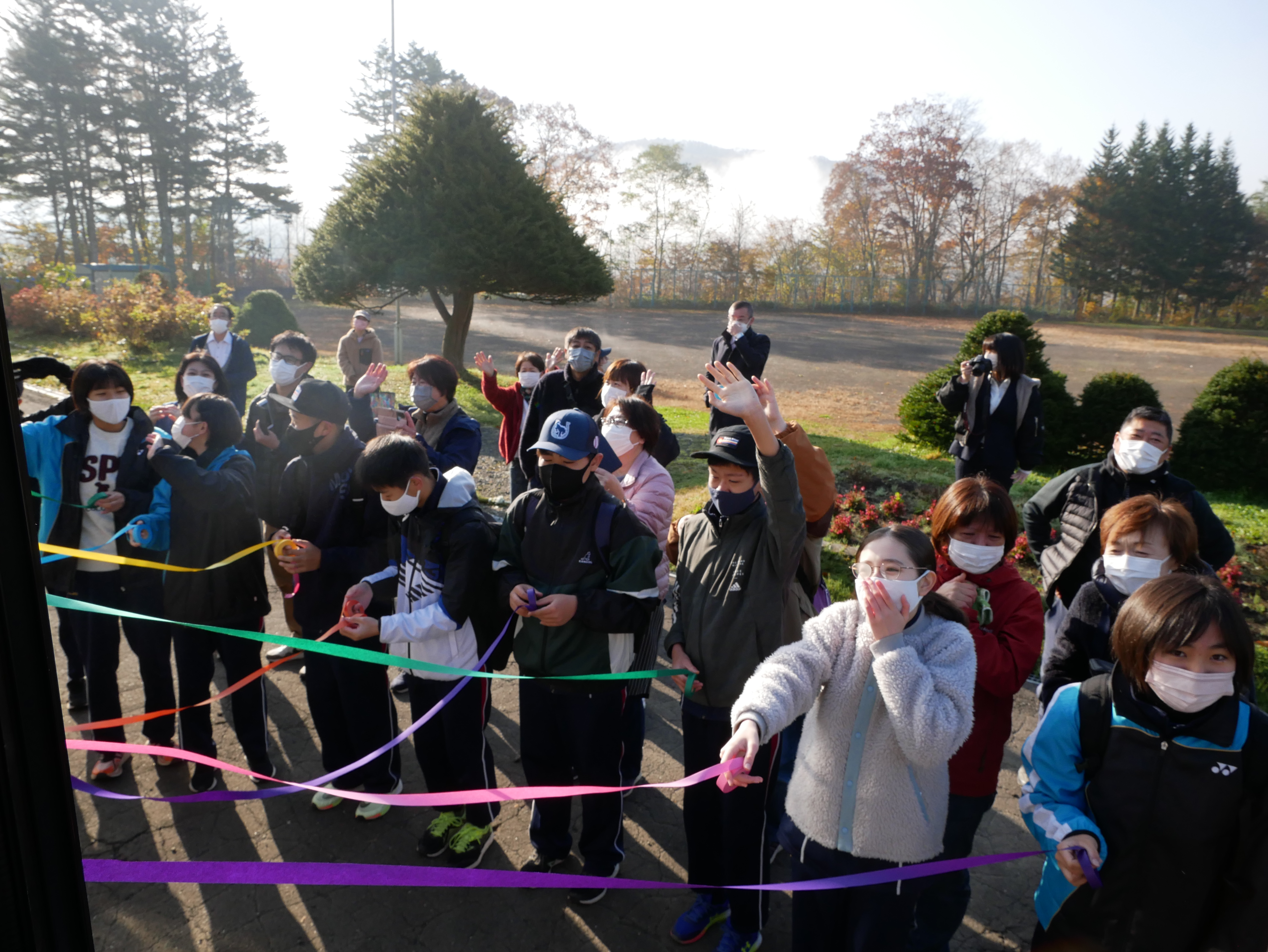


Comments are closed.